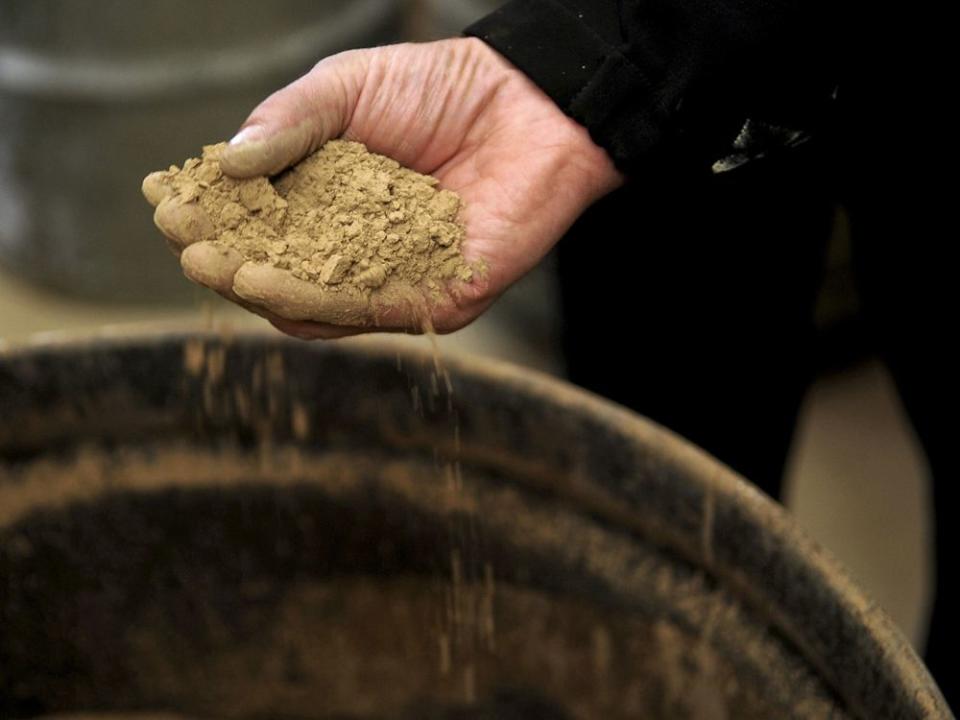Neo Performance receives $25 million from Europe to build rare earth magnet plant in Estonia

Toronto-based Neo Performance Materials Inc., which develops rare earth materials needed for electric vehicles (EV), has received a $25-million grant from Europe’s Just Transition fund to help construct a permanent magnet plant in Estonia.
The grant will cover 15 to 20 per cent of the expected construction costs of $135 million. This is the first such award under the Just Transition fund given to any critical materials company in the European Union, the company said.
“This is the biggest grant we have ever received,” chief executive Constantine Karayannopoulos said. “It helps with the financial risk of the project. While we are managing the market and technology risks ourselves, the grant makes the internal rate of return acceptable for our board to invest our capital in this project.”
Neo Performance is one of the few companies outside China that has an established infrastructure to develop rare earth products.
Rare earths are a group of 17 naturally occurring metallic elements often found together in the Earth’s crust. The demand for them, specifically neodymium, praseodymium and smaller levels of dysprosium and terbium, has increased in recent years as they are needed to manufacture EVs and wind turbines.
Researcher Adamas Intelligence expects a major neodymium-praseodymium oxide shortage by 2035 and estimates the commodity will triple in value by then.
Ryan Castilloux, the research group’s founder, in June said China, the world’s biggest producer of rare earth magnets, could stop exporting the minerals within the next decade to meet its own demand.
Rio Tinto's takeover of Turquoise Hill postponed indefinitely after Quebec watchdog's concerns
Gold Fields terminates Yamana takeover deal, paving way for Agnico and Pan American
Ottawa orders Chinese companies to exit three Canadian lithium miners
With four production facilities in China and one each in Thailand and Estonia, analysts describe Neo Performance’s supply chain as unique.
The company’s existing plant in Estonia separates and purifies rare earths from feedstock material to make the materials that go into permanent rare earth magnets.
This new plant will turn these rare earths into magnets that are used in EV and hybrid-vehicle traction motors, the company said. The plant will also recycle end-of-life magnets and process scrap.
The rising demand for rare earth magnets and the fluctuating prices of raw materials recently compelled Neo Performance to enter the mining sector by acquiring a licence from Hudson Resources Inc. to explore a rare earth deposit in Greenland.
More than half the company’s revenue depends on the automotive sector. Karayannopoulos said the pressure from Europe’s auto sector to make magnets for EVs made the company decide to build a new magnet plant in Estonia, which could supply magnets for about five million EVs a year once complete.
• Email: nkarim@postmedia.com | Twitter: naimonthefield

 Yahoo Finance
Yahoo Finance 